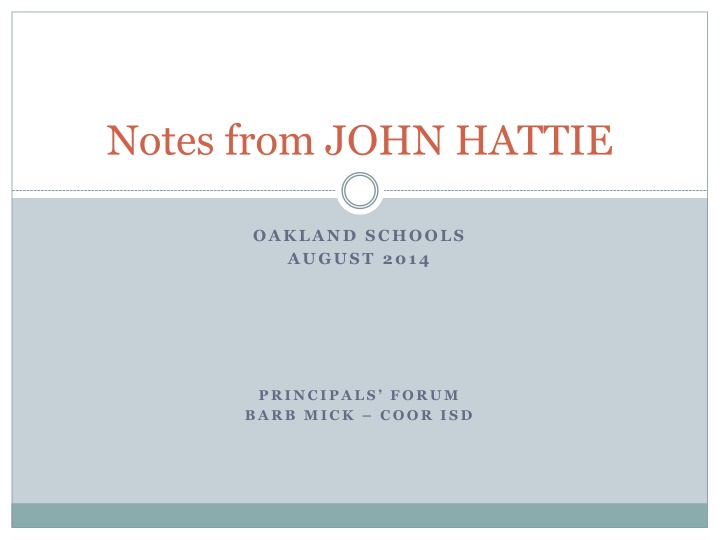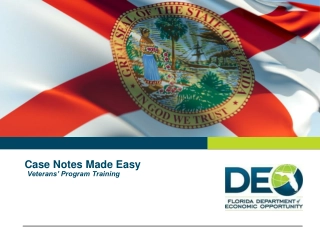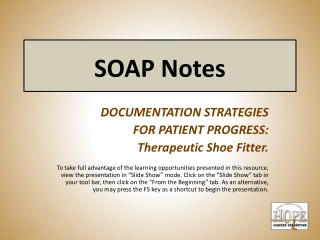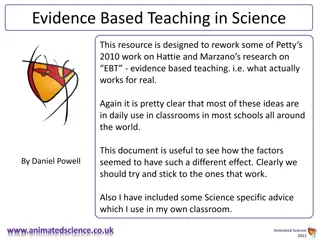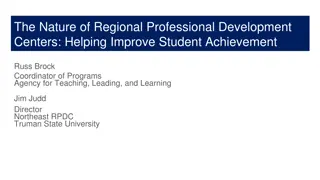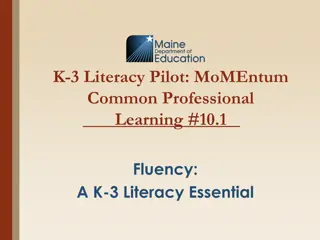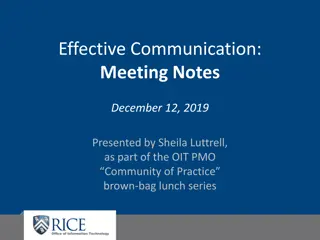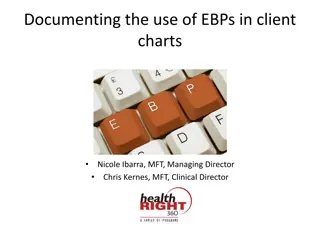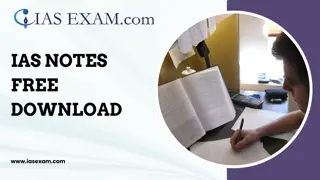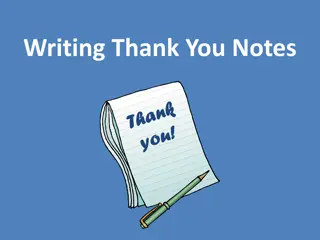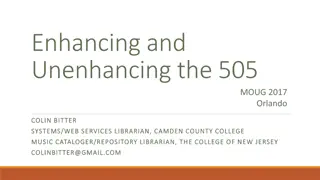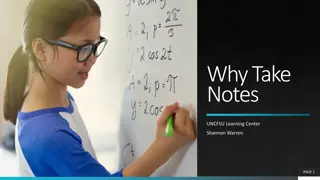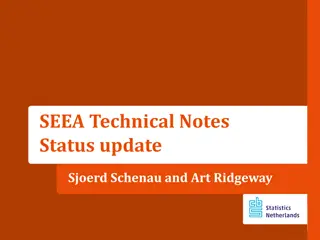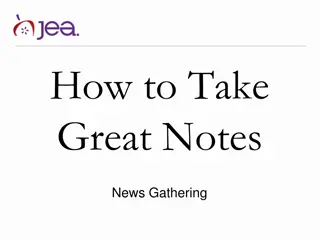Notes from JOHN HATTIE
John Hattie emphasizes the importance of focusing on student achievement in education. He advocates for understanding impact, switching methods when necessary, and prioritizing student expectations. The notes touch on effective teaching practices, the significance of teacher influence, and the need for continuous improvement in education.
Download Presentation

Please find below an Image/Link to download the presentation.
The content on the website is provided AS IS for your information and personal use only. It may not be sold, licensed, or shared on other websites without obtaining consent from the author.If you encounter any issues during the download, it is possible that the publisher has removed the file from their server.
You are allowed to download the files provided on this website for personal or commercial use, subject to the condition that they are used lawfully. All files are the property of their respective owners.
The content on the website is provided AS IS for your information and personal use only. It may not be sold, licensed, or shared on other websites without obtaining consent from the author.
E N D
Presentation Transcript
Notes from JOHN HATTIE OAKLAND SCHOOLS AUGUST 2014 PRINCIPALS FORUM BARB MICK COOR ISD
John Hattie will remind us Know what works best and the explanatory story of why it works best
Our profession Why are we in a profession where everything works ? Our research comes from our experience it has worked for us. No teacher says, I m below average We love to talk about the things that don t matter and it s killing us as a profession. There are many aspects of education that are important, but Hattie s work only focuses on student achievement.
Hattie says, The only goal of education should be to help students exceed their own expectations.
Know Thy Impact Almost everything works . Just because it has a low effect doesn t mean it couldn t have an effect with the right training and attention to feedback. It s not about curriculum or resources it s about the teacher. Accept the evidence! The question should be why it works or doesn t work the STORY. Check the effect size of what you re doing then do it BETTER!
Know Thy Impact The secret is knowing when to switch from one method to another. Ex: I can be the best reciprocal teacher on the planet, but if one of my students isn t learning that way, he needs something else. I am responsible for the achievement of ALL of my students. Diagnose, feedback, interventions, etc By the way If a kid can t read by age 8, they are OUT! This is based on meta-research from all over the world. Implications?
The structural things dominate the bottom of the list Homework Summer School Comprehensive Teaching Reforms Charter schools Co- and Team-Teaching Special college programs Family structure School counseling effects Web based learning Matching learning styles Teacher immediacy Home-School programs Problem-based learning .29 .23 .22 .20 .19 .18 .18 .18 .18 .17 .16 .16 .15 (Elem 0!; H.S. .50)
The Winners Student expectations Piagetian programs Response to intervention Teacher credibility Providing formative evaluation Micro teaching Classroom discussion Comprehensive interventions for LD students Teacher clarity Feedback 1.44 1.28 1.07 .90 .90 .88 .82 .77 .75 .73
Feedback thrives on error You only learn something new when you don t already know it. Reframing errors Error management Productive failure Desirable difficulties Impass driven The Pit of Confusion!
Understanding how to use the research Surface vs Deep Knowledge/Learning The process of developing sufficient surface knowledge to then move to conceptual understanding. How do we know when to move beyond surface knowledge to deeper understanding?
SOLO: Structure of Observed Learning Outcomes No idea increase in quantity one idea many ideas Surface change of quality relate ideas extend ideas Deep
Example What is a King?
Journey to the Moon Which U.S. President made reaching the moon a national objective? 1.
Journey to the Moon Which U.S. President made reaching the moon a national objective? 2. What were three important check points in the journey to the moon? 1.
Journey to the Moon Which U.S. President made reaching the moon a national objective? 2. What were three important check points in the journey to the moon? 3. What is the relationship of summative assessment to formative assessment in relation to the moon journey? 1.
Journey to the Moon Which U.S. President made reaching the moon a national objective? 2. What were three important check points in the journey to the moon? 3. What is the relationship of summative assessment to formative assessment in relation to the moon journey? 4. How is the moon effort a useful metaphor for assessment? 1.
Webbs Depth of Knowledge lines up with SOLO. It is the most exciting thing about the Common Core State Standards! Deep learning can only be taught within the context of a content (not generically). You have to have something to think critically about. Something to think about: The new PISA exam will measure collaborative problem-solving.
Surface vs Deep Learning Learning strategies Teacher questions Lesson observations Test analyses Visible learning 90% + has been found to be surface learning; we need to do better!
A few other quotes from Hattie throughout the day We typically give kids 7-8 directions for every part of the lesson. Most kids pick up 2 of those well. Paraprofessionals have a zero to negative effect size. How many kids in a given day does nobody talk to? Research showed 1 in 5! Not labeling kids has a 0.61 effect size. We label kids then use it as an excuse for why we can t teach them. The next time a parent comes in and says my child has x , tell them Great! I can fix that!
and a few more Subject matter knowledge doesn t matter. It should but it doesn t. It s a reflection of a teacher s classroom practice. It s about questioning, the quality of talk, wait time The more you show what success looks like up front, the better the outcome. (Rappelling off the roof metaphor.) Never go into a classroom to watch another teacher teach; watch the impact on student learning that is happening.
